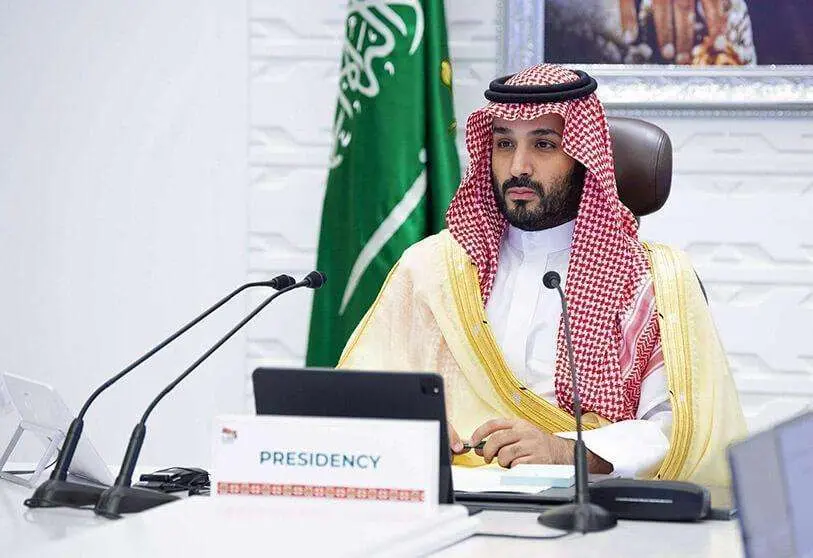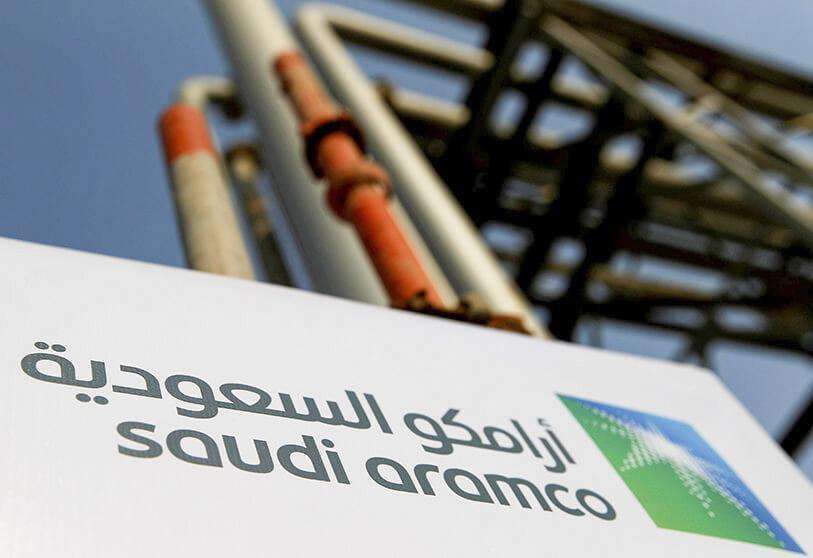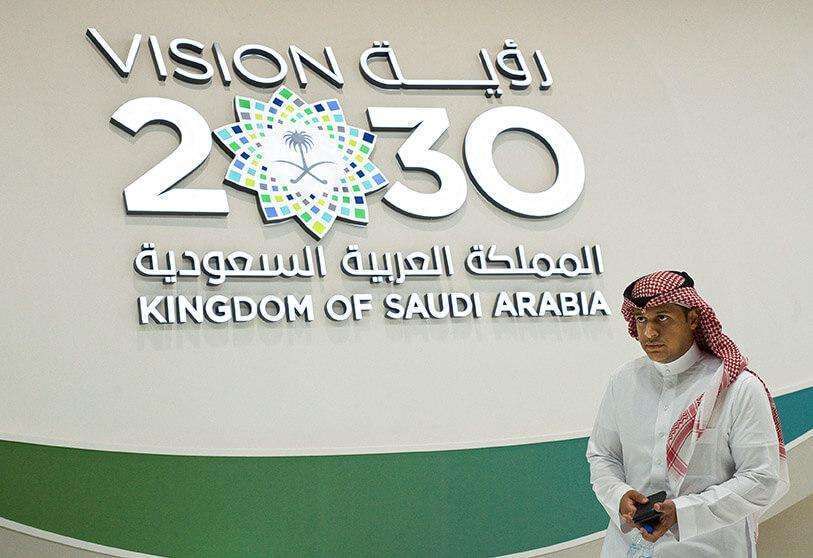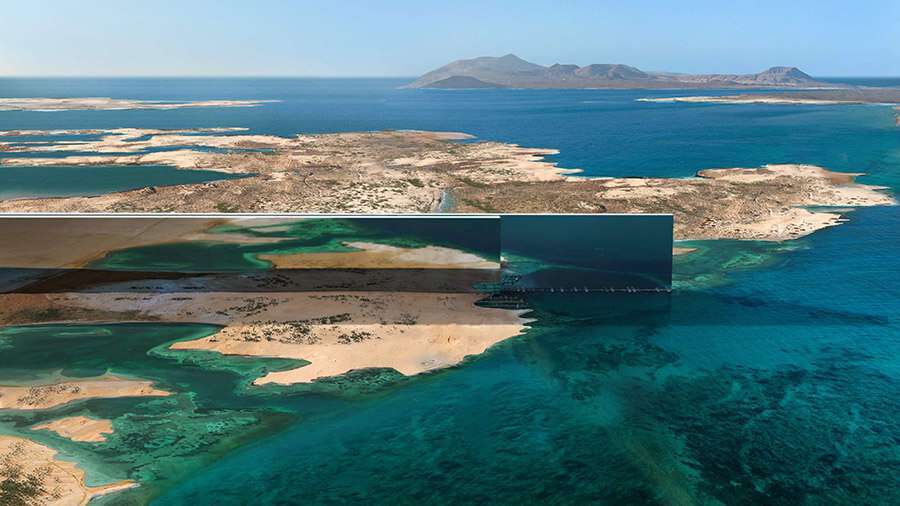Saudi Aramco plans to convert about half of its crude oil into petrochemical products

Saudi Arabia's Energy Minister Prince Abdulaziz bin Salman announced that Saudi Basic Industries Corporation (SABIC) plans to partner with Saudi Aramco to launch the Kingdom's first crude oil and petrochemicals project in the city of Ras al-Khair with a production capacity of 400,000 barrels per day. The Energy Minister said the system is designed to increase the country's maximum sustainable crude oil production capacity, which will help provide additional feedstock and support the growth of the petrochemical industry.
The multi-billion dollar project, the world's largest crude oil refining chemical plant and the first of its kind in Saudi Arabia, will be part of the Arab nation's efforts to diversify its crude oil export-dependent economy. The complex is expected to be one of the largest contributors to Saudi Arabia's GDP by 2030 and will play a key role in supporting economic diversification from oil exports to the development of high-quality industrial products.

In June 2017, SABIC signed a preliminary agreement with Saudi Aramco to conduct a joint study related to the establishment of an industrial complex in the Kingdom of Saudi Arabia to convert crude oil into chemicals. In November 2017, a memorandum of understanding was signed to develop the world's largest integrated complex to convert crude oil into chemicals. In his speech, the Energy Minister said that the petrochemical sector is the most oil-demanding sector globally, and the growth of this demand will continue to accelerate in the coming years, by 60% until 2040.
The system aims to expand the petrochemical production industry to increase domestic consumption of petrochemicals from 15 to 40% of total domestic production. The energy system works to achieve optimal utilisation of hydrocarbon resources and provide more opportunities for utilisation of petroleum-derived liquids in the production of petrochemicals, and also aims to focus on the production of speciality chemicals to support and localise industrial applications.

The Oil Demand Sustainability Initiative aims to expand and increase demand for petrochemicals in the global market by partnering with several countries, including India, China, the UK and others. The minister cited work on the development of gas fields as an opportunity for further expansion of the petrochemical sector and highlighted the creation of excellent projects for the deployment of supply and value chains for components of the energy sector, including the petrochemical sector.
Regarding "emiratisation", he mentioned that the petrochemical sector accounted for more than 20% of its target, as the share of local investment related to the "emiratisation" target was estimated at more than 50 billion Rials, equivalent to USD 13.3 billion. For his part, Khalid bin Hashem al-Dabbagh, chairman of SABIC's board of directors, confirmed that the company's participation coincides with the full development of Saudi Arabia under the leadership of an ambitious and wise vision.

It also aims to focus on speciality chemicals to support and localise industrial applications and support the localisation of potential industries to achieve the optimal energy mix, such as solar panel production and battery manufacturing. The sum of all projects will require the development of some 100 square kilometres of industrial land in the cities of Jubail, Yanbu, Ras Al-Khair and Jizan, as well as the construction of new oil export facilities in Ras al-Khair to increase the country's oil production to the planned 13 million barrels per day.








